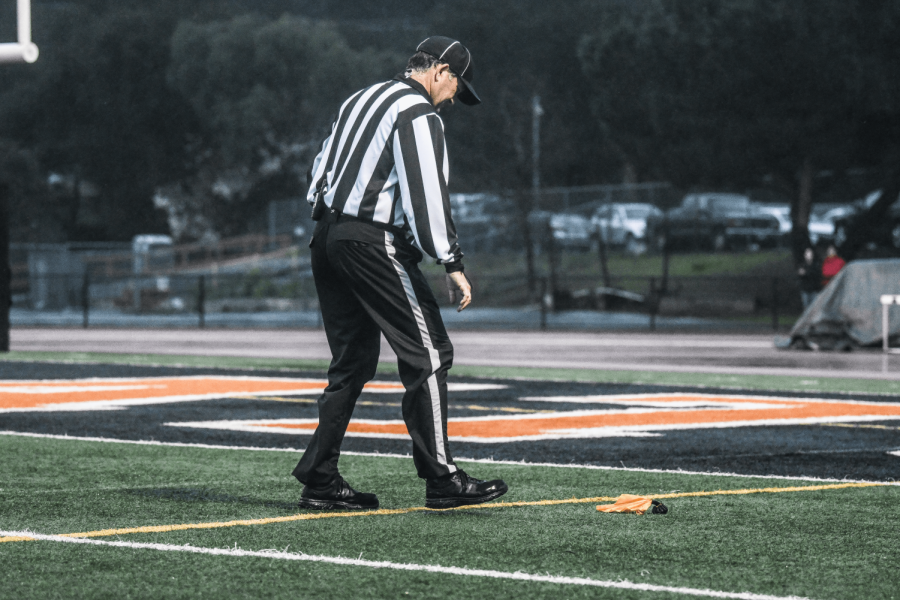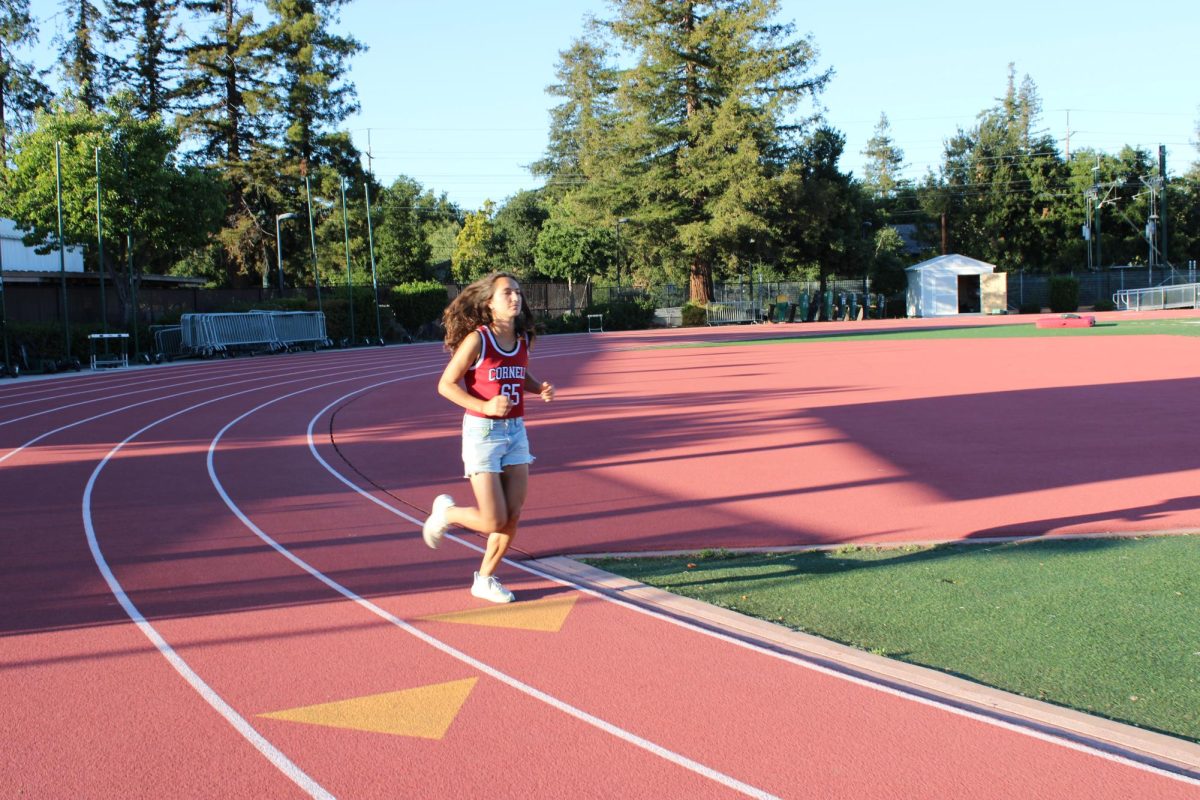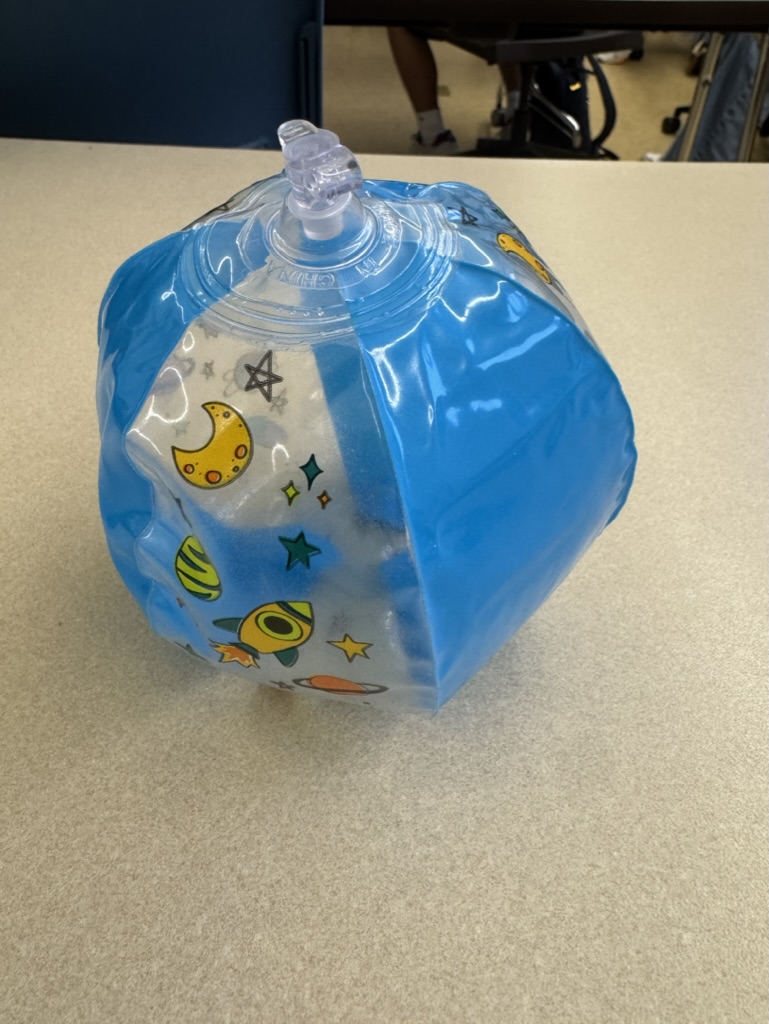Officials’ mistakes just part of the game
While new technology can provide potential solution to missed calls, purists say errors are to be expected
May 25, 2023
Giants fan and junior Maximilian Rabbitt-Tomita said bad calls are a part of baseball that robots can’t replace. Additionally, Rabbitt-Tomita said missed calls are an inevitable byproduct of human refereed sports and a concept fans must live with to keep baseball authentic.
“I think they are just a part of the game,” Rabbitt-Tomita said. “If you don’t like it, you have to move on even if a devastating call happens. Robot umpires take away from the sport. (Missed calls) are a necessary evil in baseball because they keep many important aspects of the sport intact.”
Rabbitt-Tomita also said strike and ball calling in baseball should continue to be subject to umpires’ decisions.
“The strike zone should be fluid in nature,” Rabbitt-Tomita said. “The umpire choosing whether a pitch is a strike or ball is an important aspect to baseball. It’s not just a rectangle, and what gets called, goes.”
While professional baseball has an abundance of subjective calls within its rules, this is true of other sports too, including at the high school level.
Varsity water polo player and junior Mary Henderson said in her sport referees call plays from above the surface of the water. Henderson said this can interfere with their judgment because they cannot always see what is happening beneath the surface.
“(Water polo) is very different because it is under the water,” Henderson said. “The refs can’t dictate what happens under the water unless they can see an obvious suit hold or kick.”
In addition, Henderson said referees often misread player contact due to the chaotic nature of water polo, making it hard for referees to understand the intricacies of conflicts between players, which ultimately leads to unfair calls.
“A lot of times, (referees) only see the result of initial contact because it’s hard to see everything going on in a conflict,” Henderson said. “There are so many players and everyone is constantly in contact with each other so it’s hard to make good calls.”
Henderson said subjective refereeing can lead to ejections and even suspensions depending on the situation, and players tend to be penalized for arguing against calls.
“You have to go with what the ref says, and if you argue, most of the time it is a red card,” Henderson said.
However, Henderson said the powers given to referees are necessary to help keep water polo safe.
A sport that is currently revolutionizing their approach to refereeing in sports is soccer. Through the use of technological refereeing assistance, officials in the sport say they want to try to eliminate subjective calls like offsides and out of bounds.
Though professional leagues in soccer try their best to eliminate subjective refereeing in close calls, student leagues are not always afforded the same luxury.
Sophomore Ben Levav said his sport is subjectively officiated. Levav said unfair factors in professional leagues and in his league work in ways to make games closer and more competitive.
“I think in (professional games), many (calls) are based off of where the ref is from or if they are getting paid by a team,” Levav said. “At my age, we are always refereed unfairly against us. The better team is usually getting unfair calls in order to make games more even because we are kids. If one team is destroying another, the other team will be gifted with calls that help them score.”
Levav said even some of the best referees in youth soccer have biased calls and are quick to pick sides or hold grudges against teams. Additionally, he said referees often ignore each other and skip over potentially important calls.
“Even refs in (club leagues), who are seen as the best, are not coordinated very well,” Levav said. “The assistant referee will say one thing, and the referees will just ignore what the technology is saying and make calls depending on how players, coaches and parents are treating them.”








